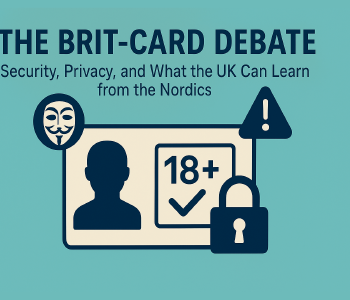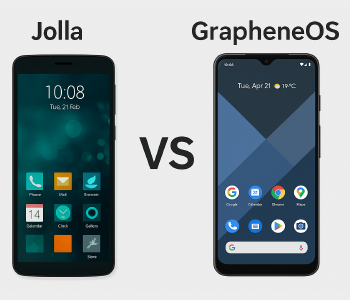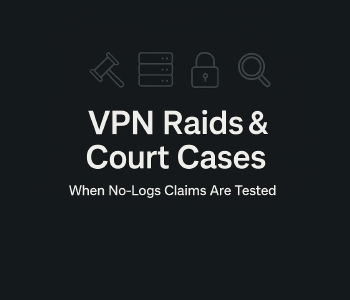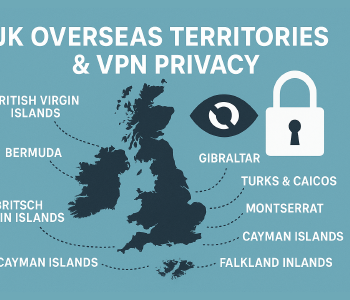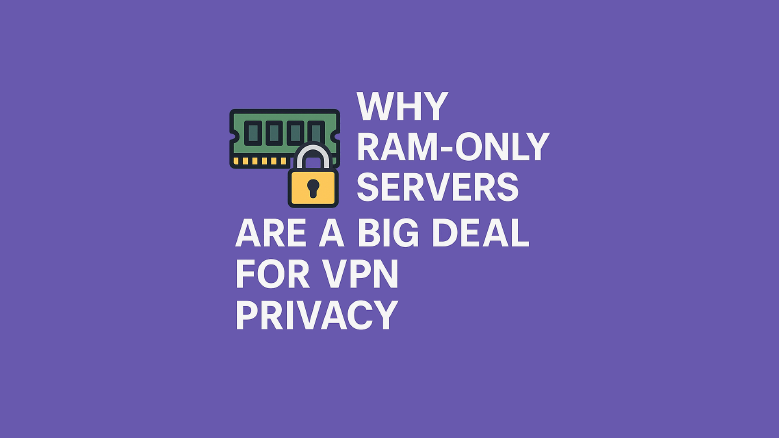
🧠 Do RAM-Only VPN Servers Really Matter?
RAM-only VPN servers are having a moment. Some providers treat them like a must-have privacy badge. The idea? If a server only uses memory (RAM) and not a hard drive, it can’t store data — so there’s nothing to seize, right?
Well, sort of. But not always. Let’s dig into what RAM-only really means, what it does and doesn’t protect, and when it actually matters.
💾 What Are RAM-Only VPN Servers?
In a typical server setup, there are two kinds of storage:
- Hard drives (HDDs or SSDs) keep data even when powered off.
- RAM is short-term memory — it wipes clean every time the power is cut.
A RAM-only VPN server skips the hard drive entirely. So if the server is rebooted or seized while powered down, there’s supposedly nothing to grab. But that’s not the full story.
🧩 Point 1: RAM Won’t Save You From Live Seizures
The biggest issue? If someone accesses the server while it’s still on, RAM is not magically safer than a hard drive. The data is still there in memory and can be pulled just like from any other running system.
In fact, if you’re relying on RAM-only as your main line of defense, your VPN probably has bigger problems — because that means you’re worried about the server being compromised live. And at that point, even full-disk encryption or RAM-only setups can’t help much.
📜 Point 2: Some Countries Can Force Logging — RAM or Not
Here’s the part many providers don’t mention. If a VPN company is based in a country that’s part of the 5/9/14 Eyes surveillance alliances (like the US, UK, or Australia), it can legally be compelled to start logging.
In that situation, RAM-only won’t help. If the law says “log this,” a company inside that jurisdiction has to obey. The only thing stopping them might be a warrant canary — a clever way to signal that they’ve been forced into cooperation (without saying it outright).
So if you care about privacy, it’s just as important to check the jurisdiction of your VPN provider as whether it runs on RAM.
🧠 What Really Matters More Than RAM
If RAM-only isn’t the silver bullet, what should you actually look for?
✅ No-logs policy (and proof)
A real no-logs policy means the VPN doesn’t keep records of your activity. The best ones back this up with third-party audits — and they publish the results.
✅ Open-source apps
When VPN apps are open-source, anyone can check how they work. This makes sneaky logging or shady code much harder to hide.
✅ Crypto & cash payments
You shouldn’t need a credit card (or your name) to get privacy. Providers that accept Monero, Bitcoin, or even cash by mail make it easier to stay anonymous.
✅ Tor over VPN (or multi-hop options)
If you want extra protection, features like Tor-over-VPN or double VPN hops make it much harder to trace your traffic.
🤝 So… Should You Care About RAM-Only?
Sure, it’s a nice bonus — and there are operational benefits (like consistent server images and faster wipes). But if a provider ticks all the privacy boxes — audited, open-source, no logs, crypto payments — and runs full-disk encryption securely? Then RAM-only isn’t a dealbreaker.
Bottom line: RAM-only servers aren’t a scam, but they’re not a magic cloak either. If your provider is in a high-surveillance country or keeps logs, RAM-only won’t save you. But if they’re doing everything else right? You’re already way ahead.
Want help finding a VPN with strong privacy? Check for:
- No logs (audited)
- Outside 5/9/14 Eyes
- Crypto or cash payments
- Tor/VPN multi-hop
- Open-source apps
I’ll happily recommend the best fit based on where you live and what you’re using it for.



